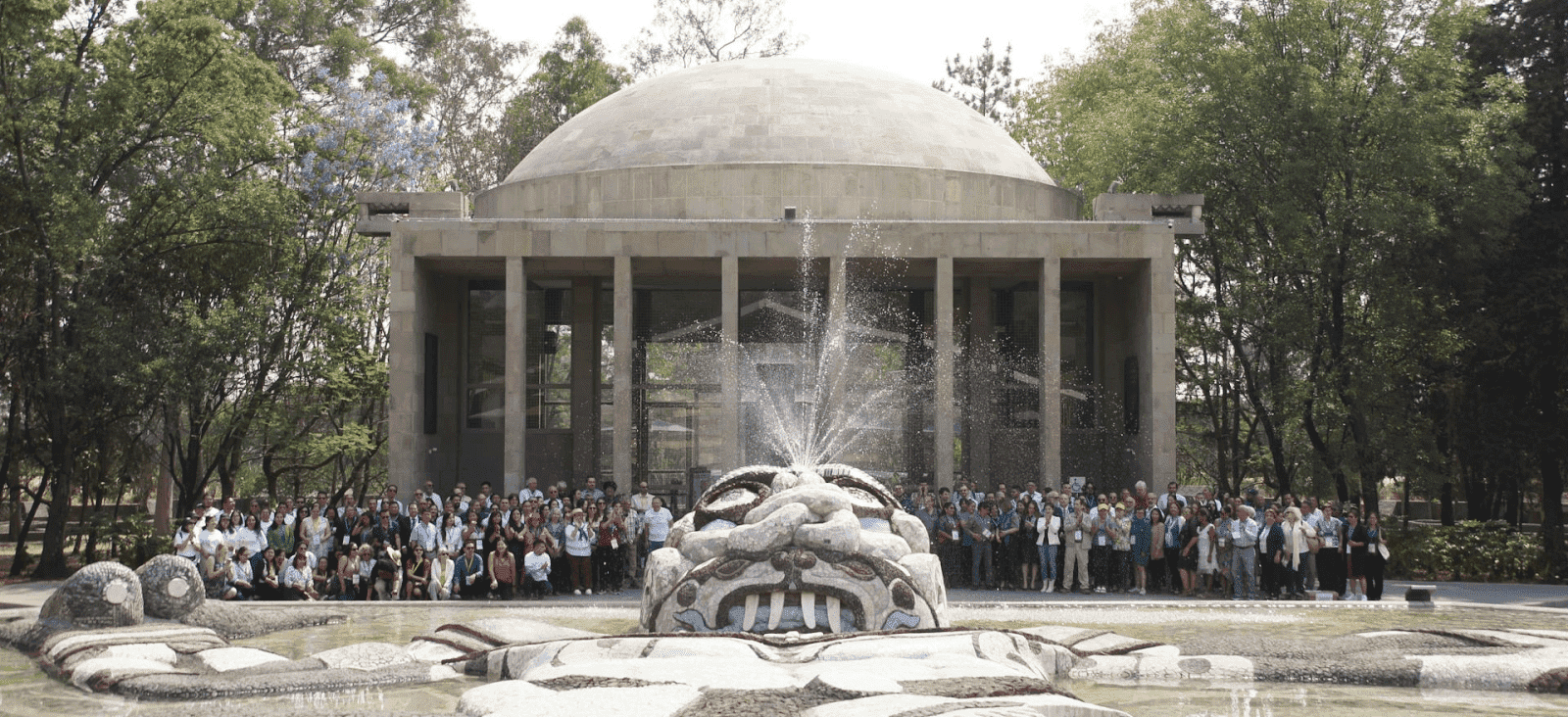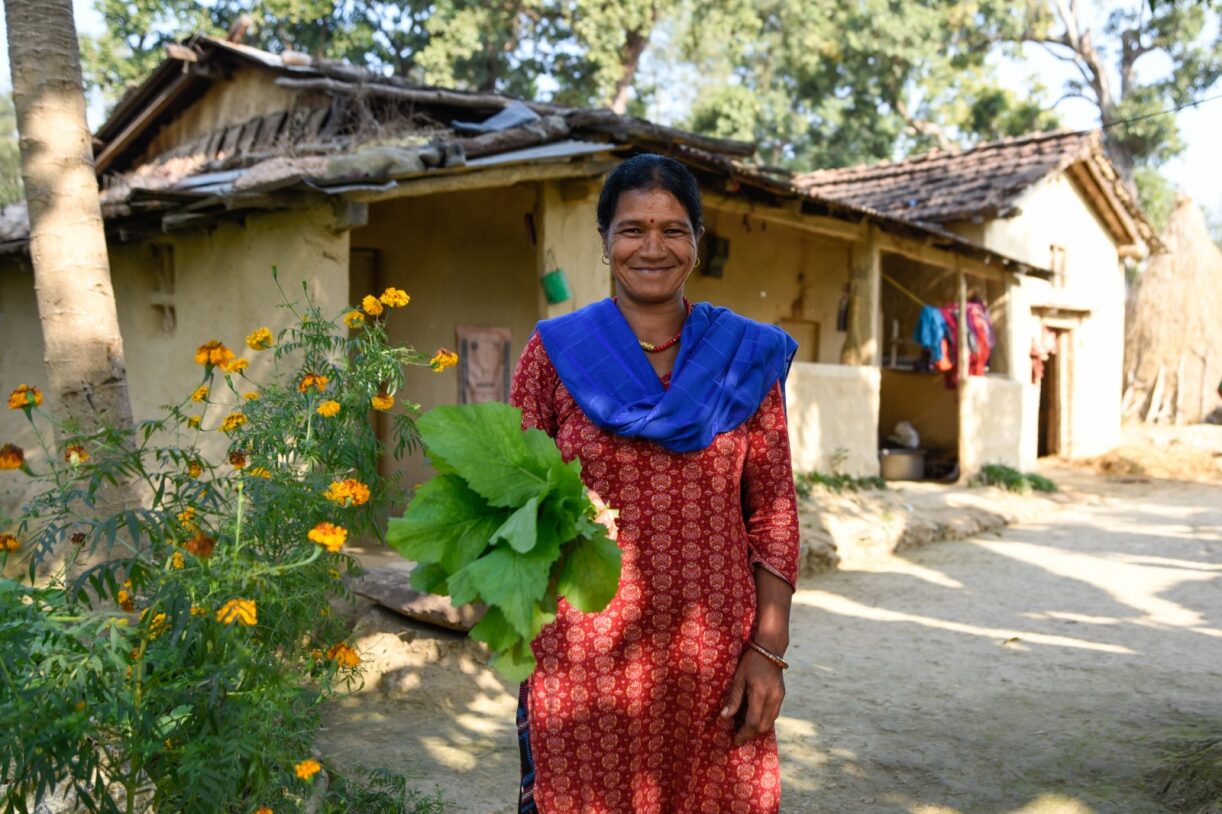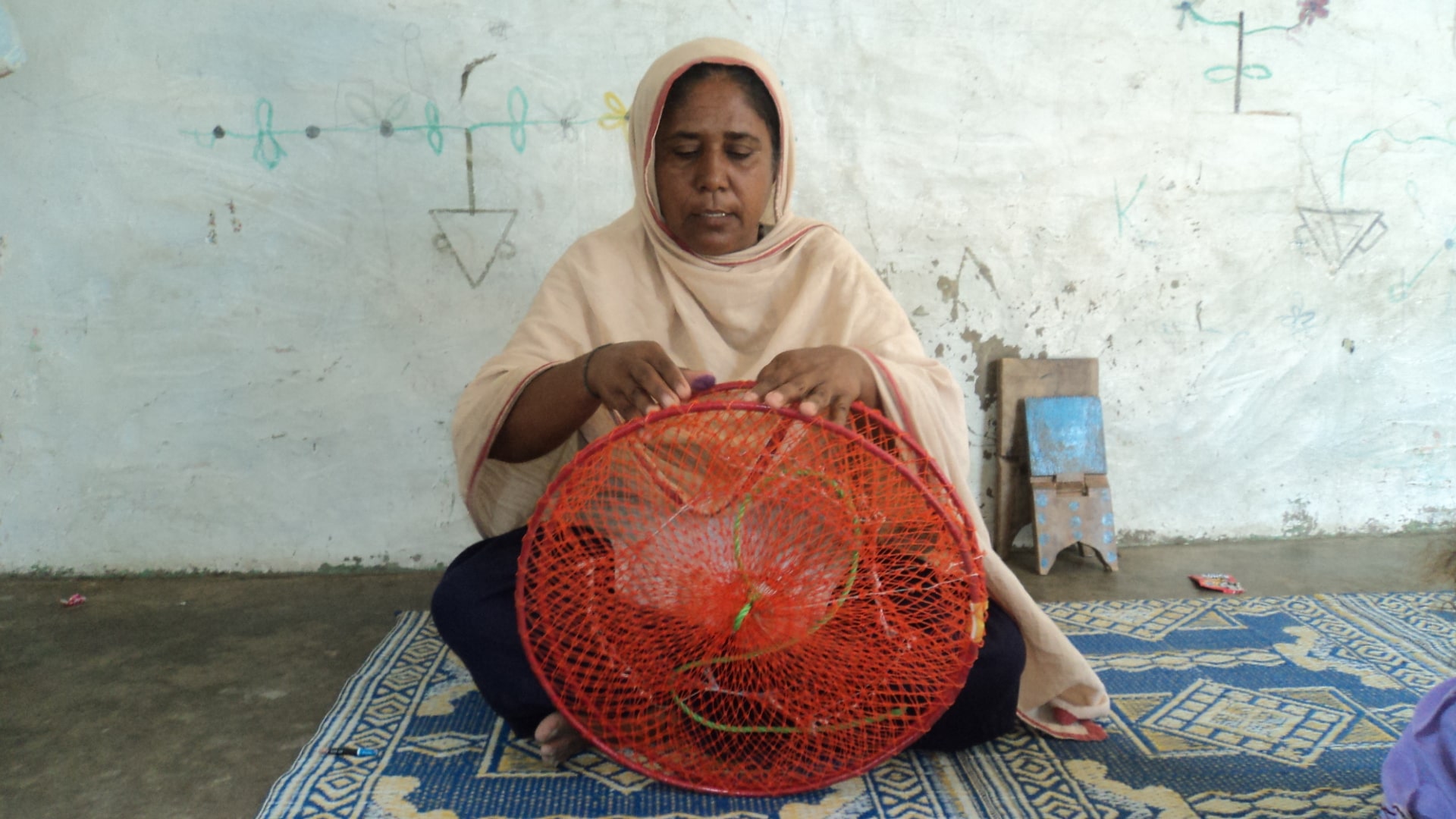Challenges and Opportunities in Offshore Marine Conservation
Challenges and opportunities in the offshore marine conservation field for a woman in her early career. In this article the critical mass of women in sea survival training as well as the offshore industries is pointed out in terms of how this can disadvantage women and how some of the humorous as well as serious issues this leads to manifests themselves.
After being patronised and underutilised in a conservation strategy role in the civil service in the UK I set out to become self-employed in on-the-ground (or on-the-sea as it happens) fieldwork. During my time in the civil service, I met many women working in high up roles in conservation strategy who had worked alongside mostly men in their careers and didn’t necessarily have anything negative to say about this. The only time gender was brought up was when I was asked if I could help arrange an organisation-wide talk on women in conservation globally, a request I agreed to with real enthusiasm. Despite carving out time for this, making a detailed plan and advertising this talk, I never heard from the women’s group within the organisation again, despite numerous emails and calls from me. The idea had petered out into obscurity with the colleagues seemingly moving on to more pressing matters. This left me disappointed and further vindicated my master’s thesis findings that these “women in conservation” events and acknowledgments in global discourse are often box ticking exercises that never make it to fruition.
After numerous frustrations during this time, I wanted to get back to my academic roots of ocean science and to make some tangible difference in marine conservation. I also confess that numerous opportunities to study abroad being cancelled due to the COVID-19 pandemic, huge limitations on my career due to the fallout from Brexit and a continued culture of working from home gave me a fervent need to travel somewhere fairly obscure to work.
Doing short stints of nearshore marine research in the UK (Figure 1) meant that I needed to pass sea safety certifications as well as medical examinations. These included practice in being near, on and in an icy lake in the snow to prepare us for work near water in the 11.5 months of year you might (will) get cold water shock in the UK. As well as this I went on a Royal Yachting Association sea survival day course where all the participants swapped stories of how many feet their yachts were and whether they were racing to the Azores from Plymouth this year or not. Walking into these rooms, classrooms, pools and iced over lakes as often the only woman became more obvious and acute the more I worked towards my offshore career. During my master’s thesis I interviewed Farah Obaidullah from Women 4 Oceans who relayed numerous stories of life jackets, instrumentation and equipment being untailored and uncomfortable for women’s bodies. This knowledge really sunk in for me on the 4 hour train ride home in the snow in a drenched fleece and leggings that had gotten wet on minute 1 in the icy lake as my drysuit proved too large to maintain a seal.
During the RYA course, amongst the yacht sailors who spoke over me and through me, I began talking to the only other researcher there who was working as a marine field scientist in mediterranean tuna fisheries. We had lived inverses of each other lives having both studied and worked in Plymouth, UK, the Netherlands and Portugal. 4 weeks later I was on a training course to become a marine field scientist in the Shetland Islands. What I didn’t realise until halfway through day 1 was that this was the south Shetland Islands, off the little-known continent of Antarctica. Having been on numerous short courses as the only female, I often worry that my ADHD brain that asks constant difficult questions alienates me from the rest of the group. It is a common interpretation that if a woman is assertive she will be seen as arrogant and I have come up against this my whole life. Coming up to my 30s I have cared about this interpretation far less. However, when faced with spending months at sea in the most remote and harsh conditions as the only woman, immediate self-alienation is something one really ought to avoid.
I had endless questions for the trainers regarding my safety as possibly the only woman on board a vessel 1000 kilometres off the south coast of Chile and Argentina. I was pleased to hear that women’s safety is taken very seriously onboard these vessels and that I am in constant communication with my agent and my family through my InReach (satellite phone) and have a PLB (Personal Locator Beacon) attached my person almost constantly. Since the Antarctic is one of the most heavily regulated areas of the globe due to its biodiversity credentials, it is tough to get a permit to be there. I was told that if I reported feeling uncomfortable at any time, this would be investigated and the vessel I am working on could be asked to return to port at a cost of millions of dollars to the vessel and in turn, the crew. This, I was told, also in regards to other offshore industries I have been working in since, has created a very respectful working culture towards women where male crew were even a bit fearful of putting a foot wrong with female researchers. I am ok with this.
My BOSIET (Basic Offshore Safety Induction Emergency Training) course proved an interesting insight into potential offshore culture, as a week being the only female (apparently in the entirety of the training ground in West Glasgow, Scotland) saw numerous what I call “misogyny-light” comments and jokes. I say this with baited endearment as my course participants were fairly sweet, hardworking young men starting their offshore careers and supporting their families. The constant comments surrounding their wives and girlfriends spending all their hard-earned wages and the absolute necessity of covering their “crown jewels” for fear of damage from helicopter harnesses while I sat in the middle grimacing awkwardly was something from a sketch show that had become my life.
I was offered the role in the CCAMLR programme (Commission of the Conservation of Antarctic Marine Living Resources) and was given the contact of another woman who had worked offshore in the same position to ask questions to. Her advice was to understand that working offshore for a woman is different to working offshore as a man, something I am yet to fully understand. I was told that it is common for some men aboard to have old fashioned views on women and politics and that to get along in close proximity, it would be best not to argue and to move the conversation along. I have trained in upended helicopters in cold water with no breathing apparatus and burning buildings, but this may be my biggest challenge yet. During some of the best early mornings of my career, aboard a tiny research vessel in the North Sea I heard numerous second-hand stories that women’s presence on some research vessels remains unwelcomed. These were relayed to me with a welcomed taboo by an incredible female marine ecologist working as a deckhand on this particular vessel for the summer. Her wisdom and experience was the final hard push I needed to go it alone into the offshore industry and I haven’t looked back since.
Disclaimer
Opinions expressed in posts featured on any Crossroads or other blogs and in related comments are those of the authors and do not necessarily reflect the opinions of IUCN or a consensus of its Member organisations.
IUCN moderates comments and reserves the right to remove posts that are deemed inappropriate, commercial in nature or unrelated to blog posts.



